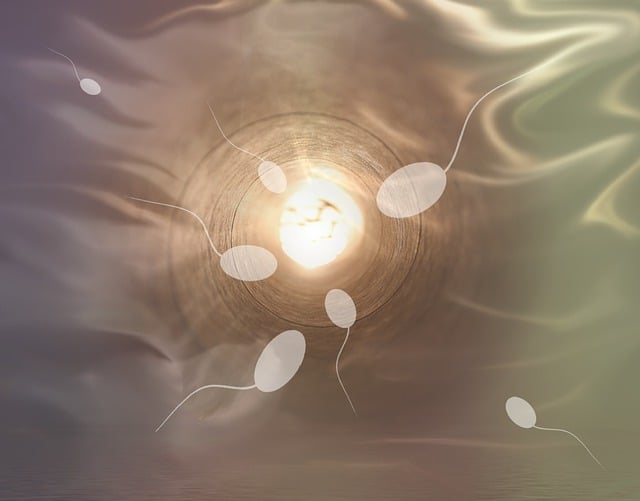Many women today are opting to postpone starting a family for a variety of reasons. Whether it’s pursuing career ambitions, achieving financial stability, or simply not having found the right partner, there are valid reasons for delaying parenthood. Freezing your eggs can be a practical way to preserve your fertility, giving you the flexibility to consider starting a family later on. While egg freezing doesn’t guarantee a successful pregnancy, it allows you to explore fertility treatments when you’re ready.
So, what’s the ideal age for egg freezing? Women are born with a limited number of eggs—around one to two million—and this number decreases yearly, even before they hit puberty. By the time a woman reaches 25, she might have about 300,000 eggs left.
You can technically freeze your eggs at any age before menopause, but the earlier you do it, the higher your chances of success in future fertility treatments. The quality of your eggs declines with age, starting around 30, with a more pronounced drop in your late thirties. For optimal results, it’s best to consider freezing your eggs between the ages of 25 and 35.
Understanding Egg Quality
The quality of a woman’s eggs is crucial for fertility. Higher quality eggs have a better chance of developing into healthy embryos and leading to successful pregnancies. Egg quality is determined by whether the eggs are chromosomally “normal” (euploid) or “abnormal” (aneuploid). As women age, the likelihood of having aneuploid eggs increases, which can lead to complications like miscarriage or genetic disorders.
For women considering egg freezing in their late thirties, preimplantation genetic testing is often recommended to screen for potential abnormalities.
Freezing Eggs at Different Ages
While you can freeze your eggs at any age up to menopause, many clinics set an upper age limit of 45. Generally, the younger you are when you freeze your eggs, the better your chances of a successful outcome later on. However, it’s essential to note that egg freezing can be a significant financial commitment, so understanding your current fertility status through a fertility assessment can be beneficial.
- In Your Twenties: If you’re healthy and have no known fertility issues, there’s a good chance you could conceive within a year of trying. But if you plan to wait until your thirties, freezing your eggs now can be wise. Typically, women can expect to collect around 10-20 eggs during retrieval.
- In Your Thirties: Many women choose to freeze their eggs in their early thirties for social reasons. The success rates are higher for those freezing their eggs between 30 and 35. For women under 35, the pregnancy rate per cycle can be about 30%, while for those aged 35-40, it drops to around 15%.
- In or After Your Forties: If you’re in your late thirties or early forties, you might still be a candidate for egg freezing depending on your health. A fertility assessment can help determine if this option is suitable for you.
If you’re curious about how to spend quality time with your kids, this is one of our other blog posts that might interest you. Additionally, if you’re exploring the option of home insemination, check out this authority on the topic for helpful resources.
Summary
Deciding to freeze your eggs is a personal choice that can provide flexibility for future family planning. The best time to consider this option is generally between the ages of 25 and 35, but individual circumstances can vary. For tailored advice, consulting with a fertility expert can help guide your decision.

